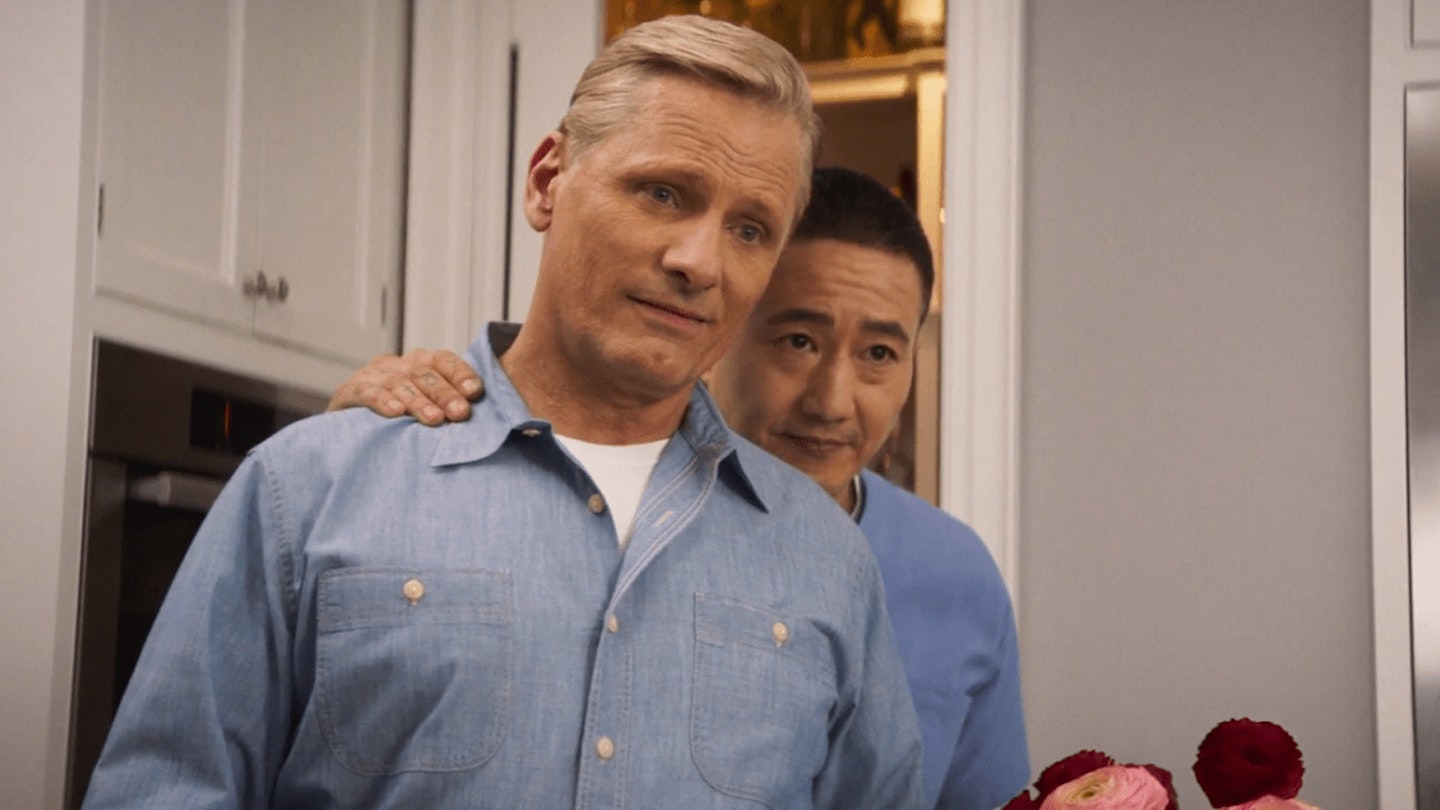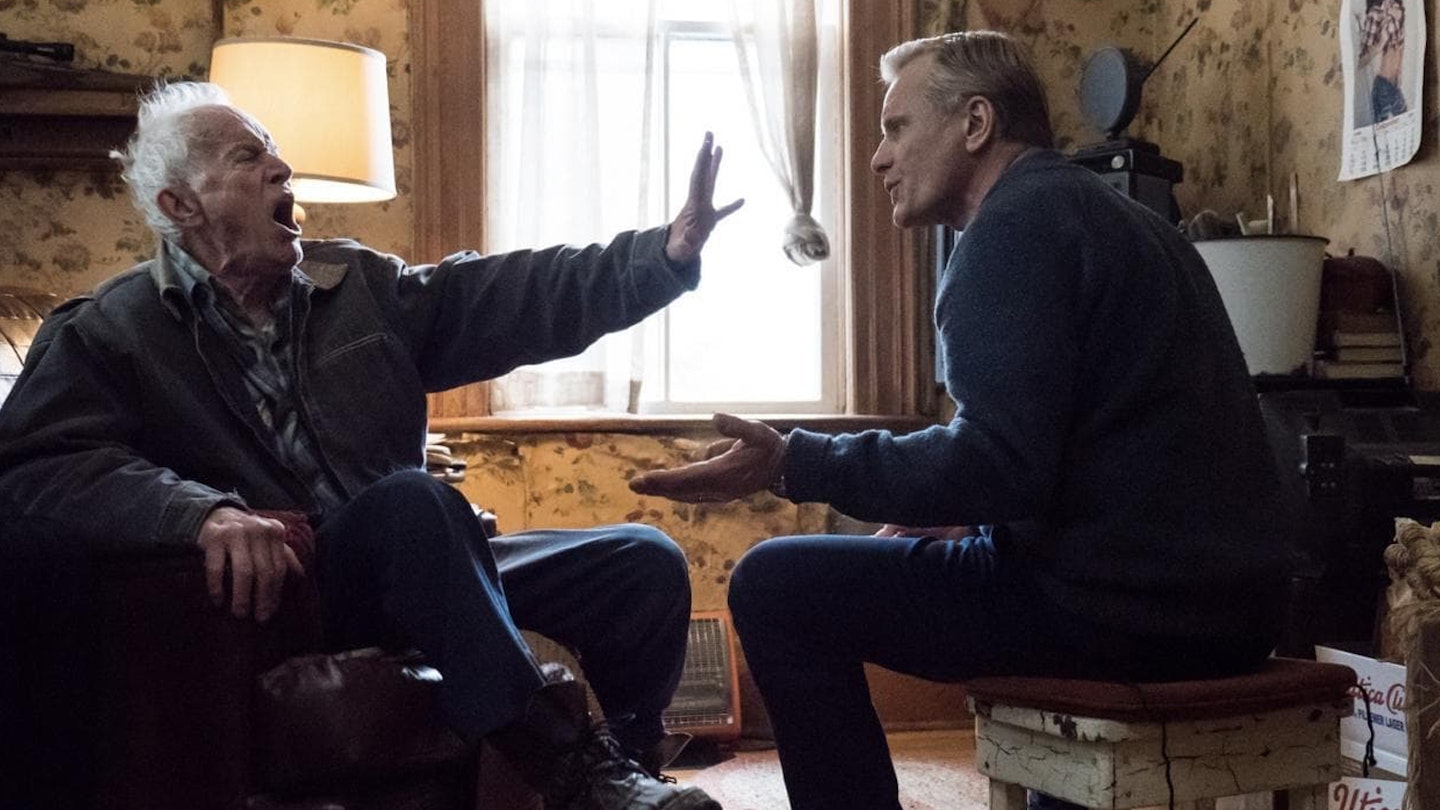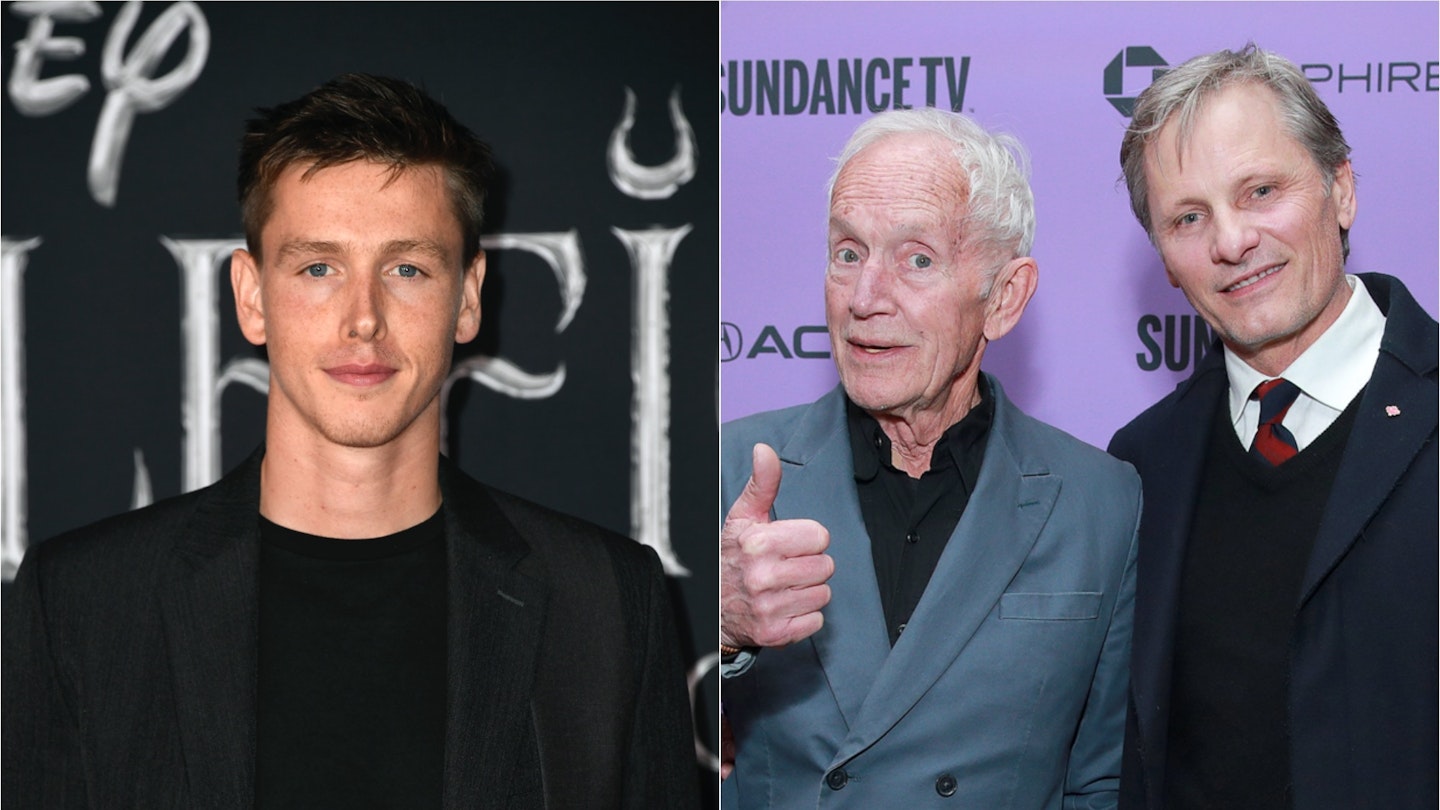At the end of Falling — the directorial debut of Viggo Mortensen, from his own screenplay — there is a dedication to Mortensen’s brothers. It’s a telling credit: suggesting that this often heart-breaking drama about a complex relationship between a father and son is at least semi-autobiographical, resonating across a whole family; and also, that even if Mortensen’s real-life experiences were half as gruelling as those depicted in the film — and they get pretty bloody gruelling — his overriding instinct is still to demonstrate his love.

That seems to be Falling’s philosophy, the square it is trying to circle: understanding and expressing the compassion for a parent that is not reciprocated. John (Mortensen) spends the duration of the film patiently caring for his elderly father, Willis (Lance Henriksen), helping him make the move from his farm in the rural Northeast to the warmer climes of the West Coast. But his help is never met with anything less than hostility. California, for example, is described by Willis as a place for “cocksuckers and flagburners”.
Henriksen’s performance is among his very best in a 60-plus-year career.
Not to put too fine a point on it, Willis is a bit of an asshole. We learn in flashbacks of his emotional (and sometimes physical) abuse, only exacerbated by the contradictions and confusions of dementia. He’s a gift of a character, hungrily accepted by Henriksen and Sverrir Gudnason (as young Willis). The latter is decent, but it’s Henriksen you won’t be able to take your eyes off, his bullish screen presence and booming gravel voice delivering scorched-earth missives to anyone within earshot. There’s a teeth-gritted tension to his constant unpredictability.
Not a huge amount happens. Aside from an unexpected cameo where David Cronenberg gives a prostate exam, it seems designed as an acting showcase as much as anything, and Falling is most compelling when it plays like a kind of father-son Frost/Nixon, where Willis tries to bait his children. That it’s met with a level-headed diplomacy from John seems to be a testament to unconditional love, in the face of all rationality. It makes the rare moments of tenderness from Willis — such as an uncharacteristically touching concession during a hunting trip — hit hard, an oasis of kindness in a desert of hostility.
Two things are remarkable, really: one is Henriksen’s performance, among his very best in a 60-plus-year career. The other is Mortensen’s seemingly instant aptitude as a filmmaker. He has a clear eye for composition and staging; he’s visually economic but sometimes quite daring; and his script is refreshingly non-linear and rarely goes in the direction you expect. This is not A Dementia Film, as the subject matter might imply, and it offers no easy solutions for difficult questions, or obvious resolutions.
The final few minutes of the film seem to emphasise this, culminating in a coda that’s as surreal and confounding as it is poignant. As an actor, Mortensen has always managed to gently surprise, and it looks like he plans to do so as director, too.

